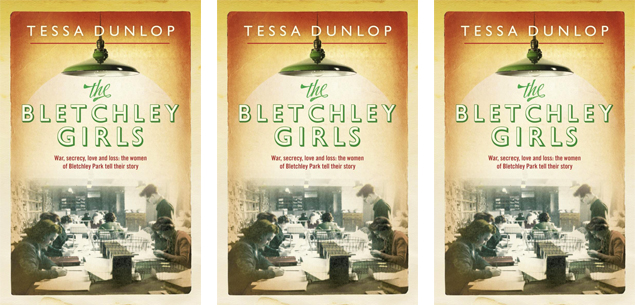In recent times, the story of Bletchley Park has become the stuff of legend. For many years, it was just another abandoned British Ministry of Defence site and little was known about what went on there. It wasn’t until the late 1970s, when intelligence documents were released, that its true value was revealed.
One historian claimed that because the Bletchley Park team cracked the German’s Enigma code, World War II was shortened by at least two years, possibly four, and that countless lives were saved. So far, books and movies have focused on the brilliance of the men at Bletchley, particularly Alan Turing, who is widely regarded as the father of computer science. However, without the work of thousands of others – mostly women – whose repetitive and tedious tasks harvested vital scraps of information, men such as Turing would have found it near impossible to break the Enigma code.
Broadcaster and historian Tessa Dunlop tracked down 15 of the surviving “Bletchley girls” and interviewed them about their experiences. But this book is more than a collection of reminiscences. It is a snapshot of a time when women had very little say in life and set aside their own desires and dreams for the good of their family and country.
The women in the book range from working class girls to the daughters of peers, but they had one thing in common – they did as they were told. Duty was all, and if the rules and regulations seemed oppressive, they just had to get on with it.
Some of the women found the experience liberating. For Betty, working at Bletchley Park was better than working in a shoe factory. She loved being a wireless operator – immaculately turned out in a uniform she was proud of – and felt she counted for something. For others, it was the first time they’d ever had a paid job – they were only getting about a third of what their male counterparts earned, but even so, it was their own money.
The Bletchley Girls is an intimate look at what it meant to be a woman in wartime in the 1940s – and anyone who reads this book will agree that women have come a very long way.


